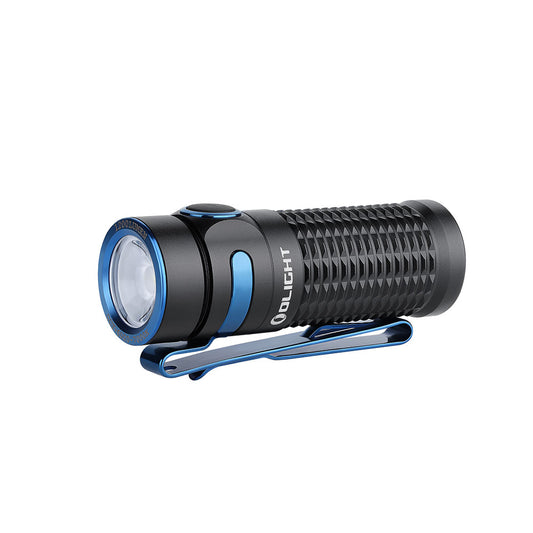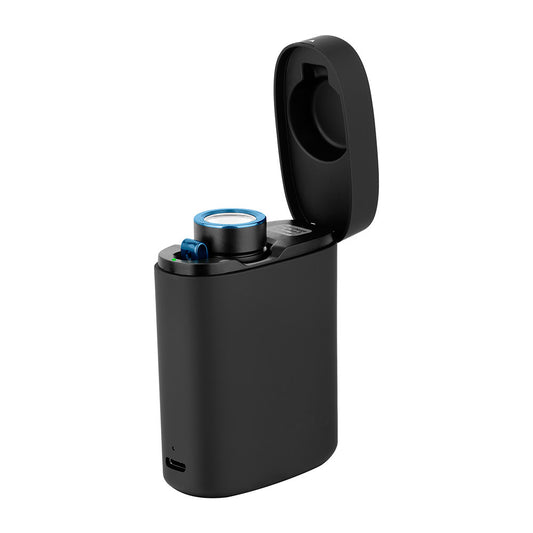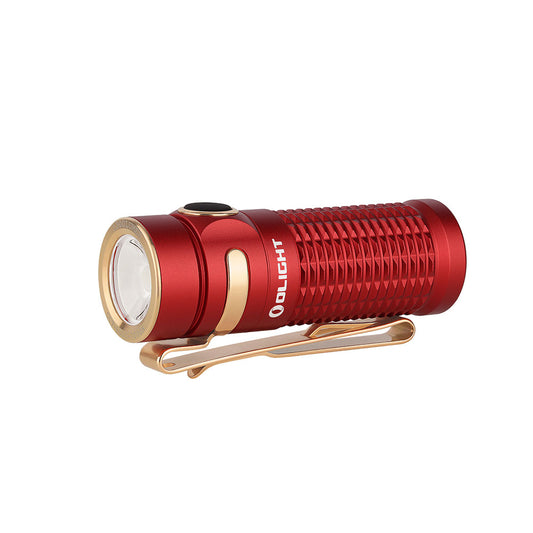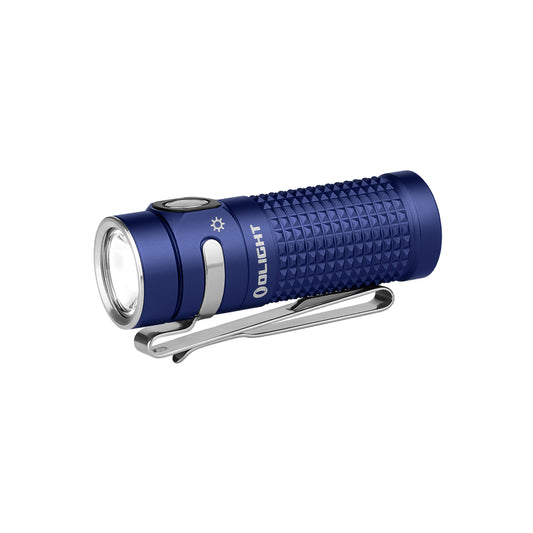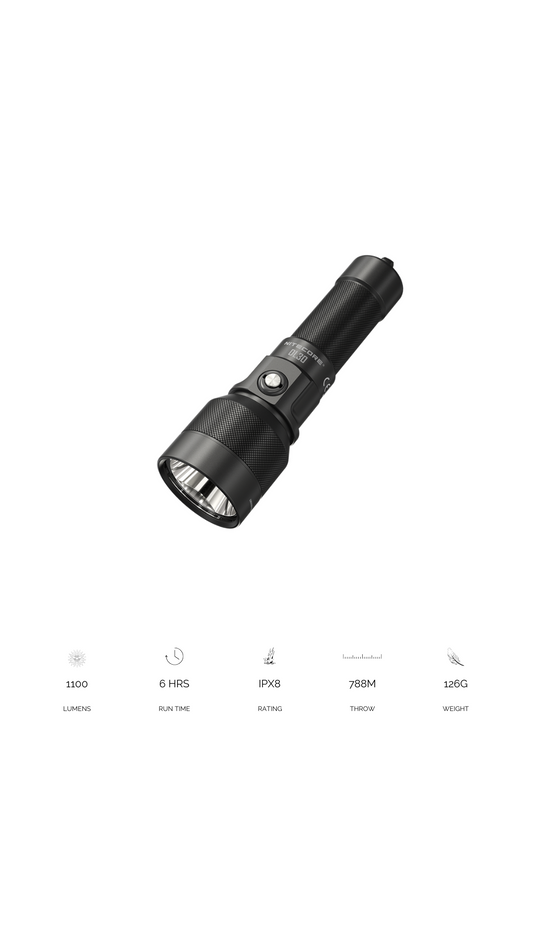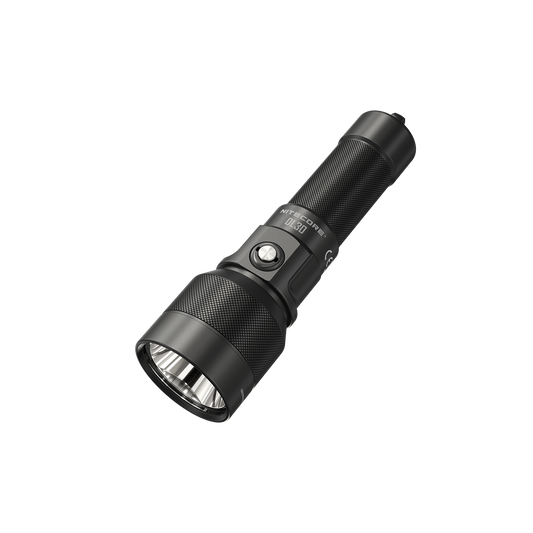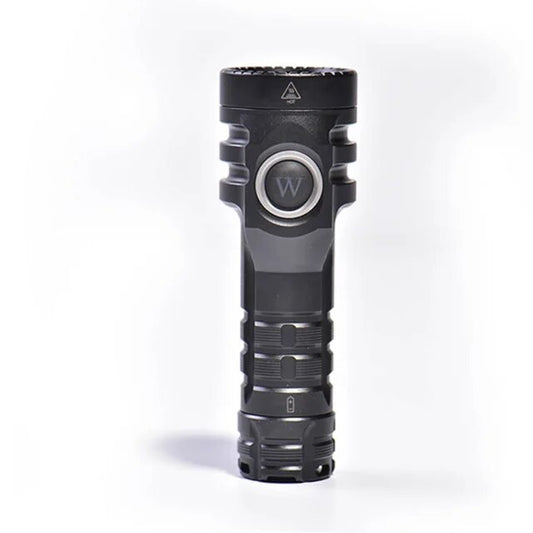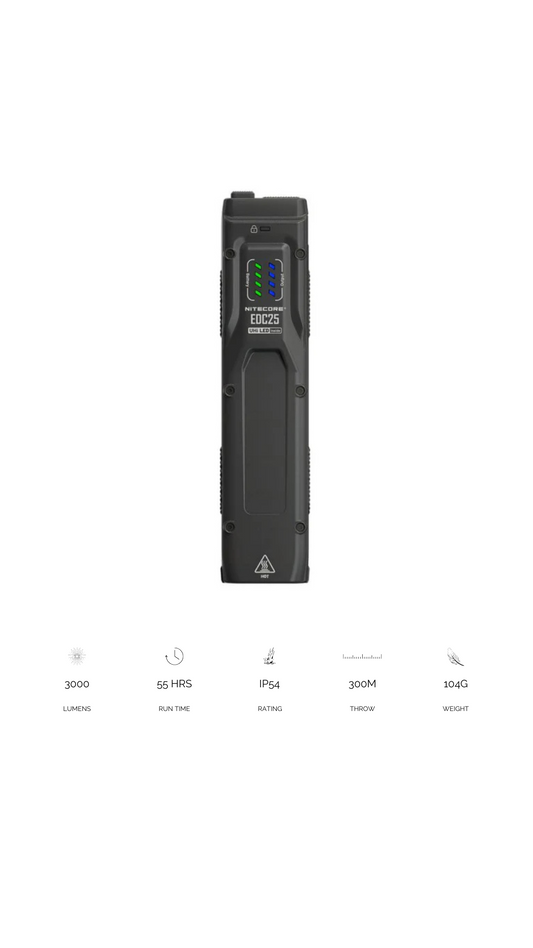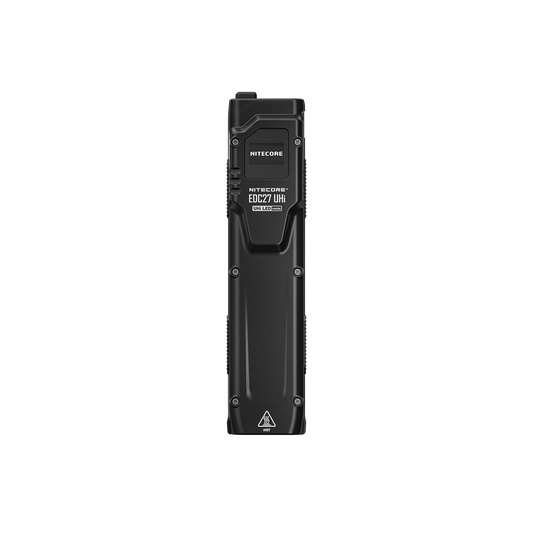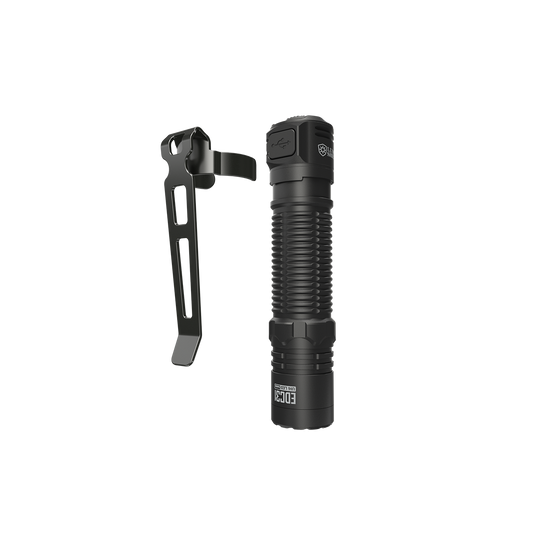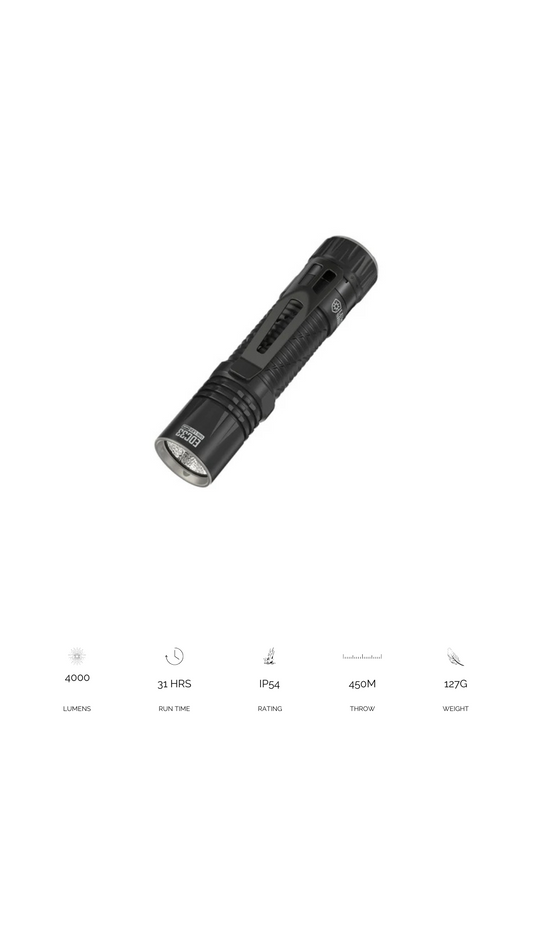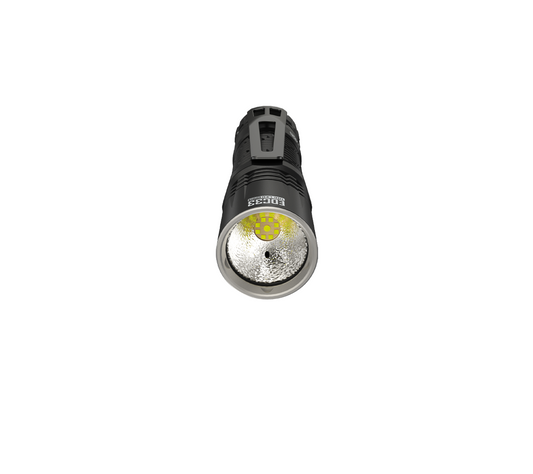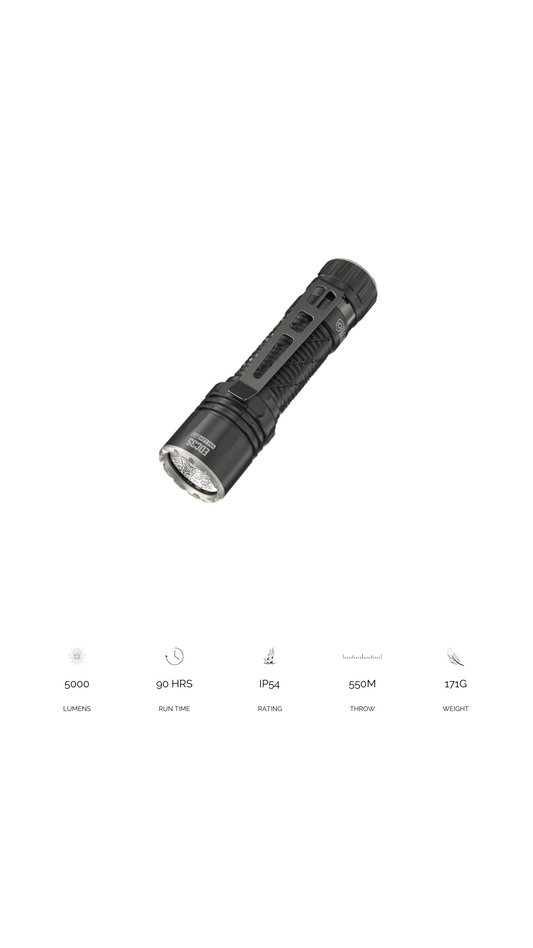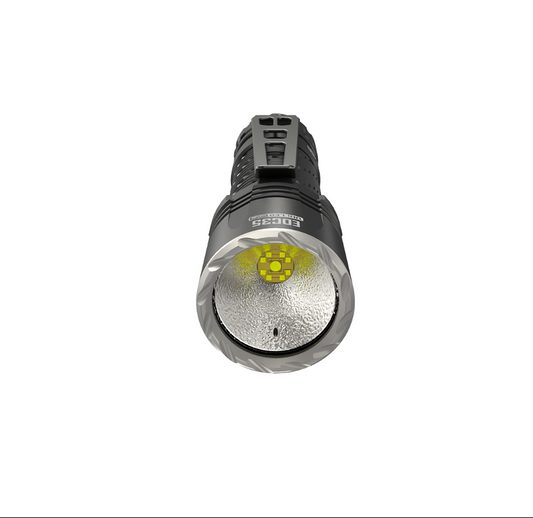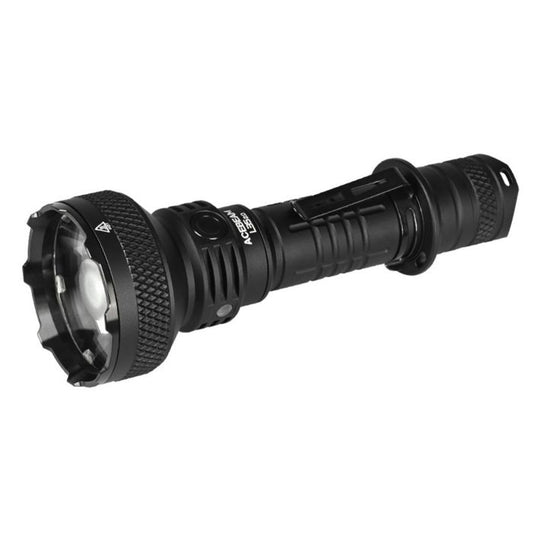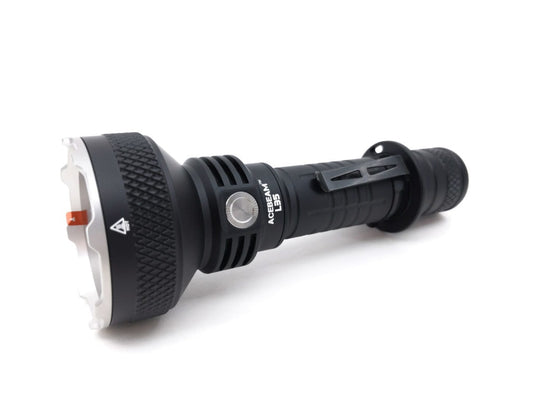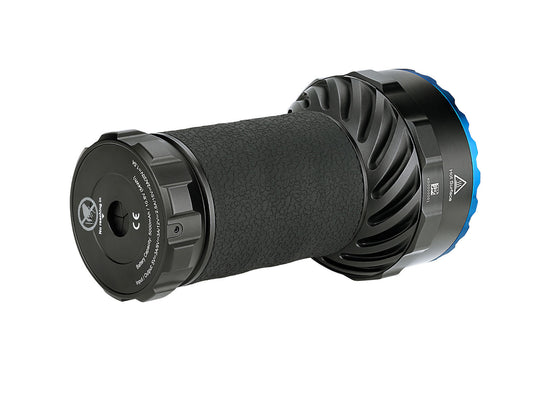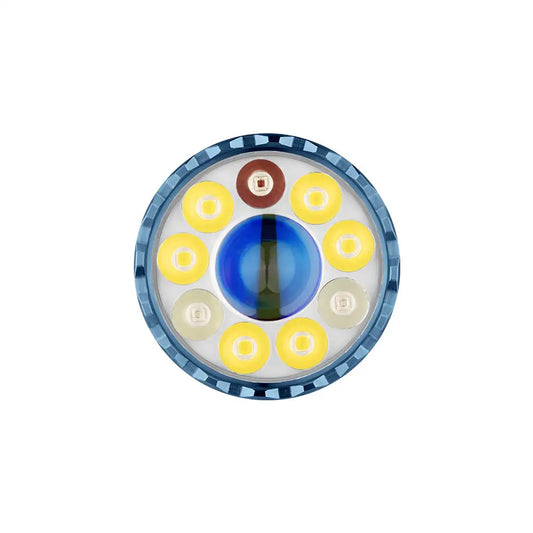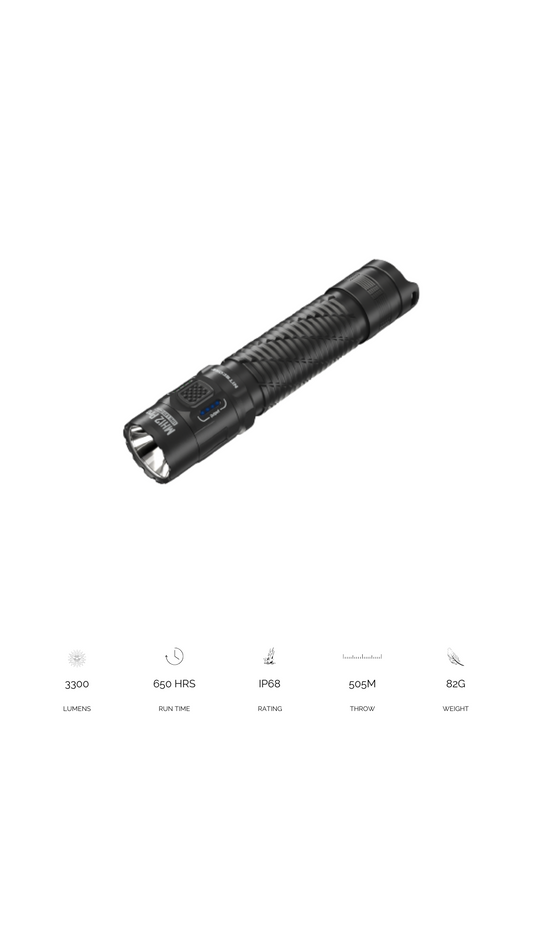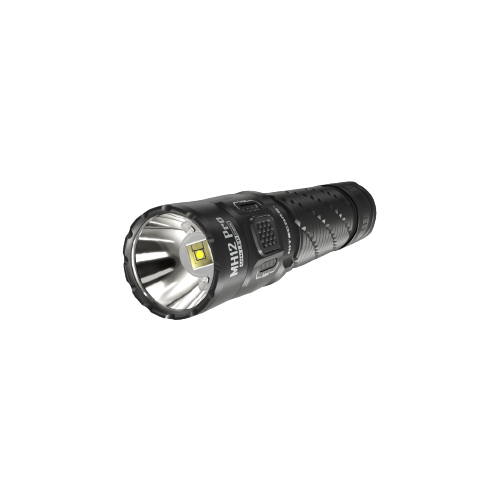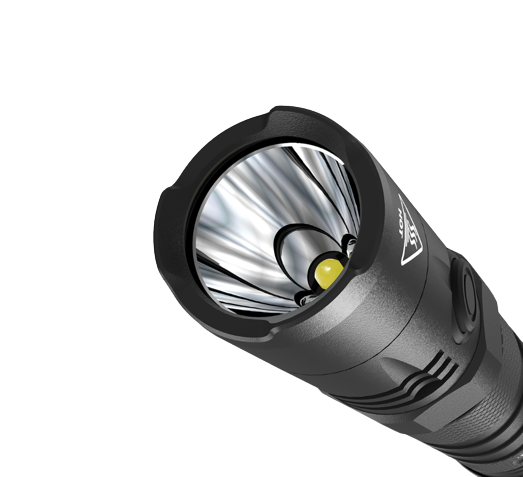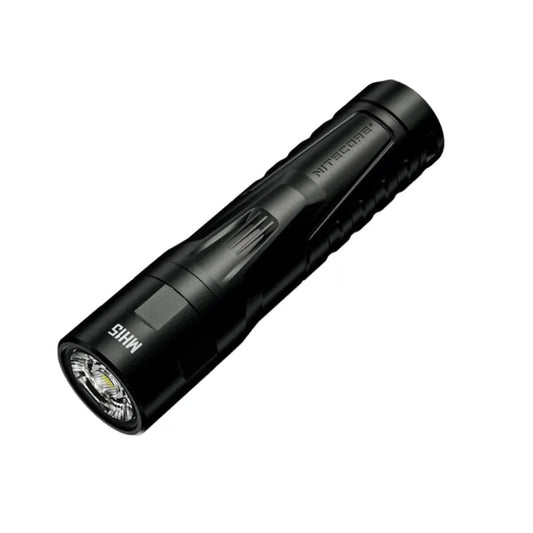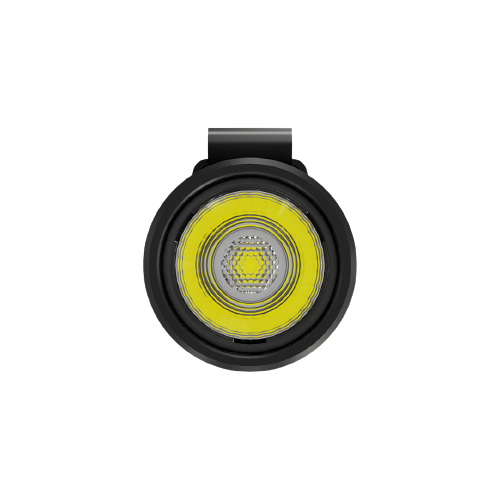
Maca: Push Harder, Recover Faster. A Superfood for Athletes.
Maca, a root vegetable with a history as rich as the high-altitude Peruvian Andes soil it thrives in, has transcended its origins to become a popular superfood. Long revered by indigenous people for its nutritional value and potential health benefits, maca is now a fixture in the protein shakes and smoothie bowls of athletes and fitness enthusiasts worldwide. But can this ancient root truly live up to its reputation as a sports performance enhancer? Let's delve deeper into the science behind maca and explore its potential benefits for athletes in detail.
Maca: Beyond the Hype - A Deep Dive into its Nutritional Powerhouse for Athletes
Maca isn't just another fad surging through the health and fitness world. It boasts a unique and impressive nutritional profile that positions it as a potential ally for athletes seeking to optimize their performance and recovery. Let's delve deeper into the key components of maca and explore how they might specifically benefit athletes:
-
Carbohydrates: The Body's Fuel Gauge
Maca provides readily available carbohydrates, the body's primary source of energy. Unlike fats or protein, carbohydrates are broken down quickly into glucose, which enters the bloodstream and fuels muscles during exercise. This is particularly beneficial for athletes engaged in high-intensity activities like sprinting or weightlifting. Imagine a race car – readily available carbohydrates act like high-octane fuel, allowing athletes to maintain peak performance during intense bursts of activity.
-
Protein: Building Blocks for Champions
Maca contains a good amount of protein, a critical macronutrient for athletes. Protein serves two key functions: building and repairing muscle tissue. During training, especially weightlifting or resistance exercises, muscle fibers undergo microscopic tears. Protein provides the essential building blocks needed to repair and rebuild these microscopic tears, leading to stronger, more resilient muscles. Additionally, protein is crucial for muscle growth, a key goal for many athletes.
-
Fiber: The Gut - An Often-Overlooked Ally
Maca's fiber content, often overlooked, plays a vital role in digestion and overall health. Fiber helps regulate digestion, promoting a healthy gut microbiome. This gut microbiome, a complex ecosystem of bacteria, plays a crucial role in nutrient absorption, immune function, and even mood regulation. A healthy gut ensures that athletes absorb essential nutrients from their diet efficiently, which fuels their training and recovery. Additionally, a healthy gut microbiome has been linked to a stronger immune system, which is essential for athletes to avoid illnesses that can derail their training.
-
Essential Fatty Acids: The Unsung Heroes
Maca contains essential fatty acids, which cannot be produced by the body and must be obtained through diet. These essential fatty acids play a multifaceted role in an athlete's health. They contribute to hormone regulation, which can impact energy levels and recovery. For example, certain essential fatty acids are precursors to hormones involved in inflammation and metabolism. Additionally, essential fatty acids are crucial for cell health, ensuring the proper functioning of muscles and other tissues throughout the body.
-
Vitamins and Minerals: Micronutrients with a Macro Impact
Maca offers a wealth of vitamins (B complex, C, E) and minerals (calcium, iron, magnesium, potassium). These micronutrients, although needed in smaller quantities than macronutrients like carbohydrates and protein, are essential for various bodily functions that impact athletic performance. B vitamins, for example, play a crucial role in energy metabolism by acting as coenzymes in reactions that convert food into usable energy. Deficiencies in certain B vitamins can lead to fatigue and hinder athletic performance. Similarly, minerals like iron are essential for oxygen transport in the blood, which is crucial for delivering oxygen to muscles for energy production during exercise.
-
Macamides: Unveiling the Adaptogenic Mystery
These unique bioactive compounds found only in maca are thought to contribute to its adaptogenic and potentially health-promoting effects. Adaptogens are a class of herbs that help the body adapt to stress, both physical and mental. The exact mechanisms by which macamides exert their adaptogenic effects are still being investigated. However, some theories suggest they may support the hypothalamic-pituitary-adrenal (HPA) axis, the body's primary stress response system. By supporting the HPA axis, maca might help athletes cope with the physiological stress of exercise, allowing them to train harder for longer durations and potentially recover faster.
Maca's nutritional profile goes beyond a simple fad. It offers a unique combination of carbohydrates, protein, fiber, essential fatty acids, vitamins, minerals, and unique macamides. These components work together to create a potential powerhouse for athletes seeking to optimize their performance and recovery. While further research is needed to determine the extent of maca's benefits definitively, its potential as a natural tool for athletes is certainly worth exploring.

Benefits for Athletes: Digging Deeper into the Potential
The potential benefits of maca for athletes are intriguing, but as you mentioned, the research is still developing. Here's a closer look at some of the promising areas, along with the underlying mechanisms and a critical appraisal of the current scientific evidence:
-
Improved Endurance and Performance: Can Maca Help Athletes Push Harder?
Studies suggest that maca may enhance stamina and delay fatigue during exercise. This could be due to its adaptogenic properties, as you mentioned. Adaptogens are thought to work by regulating the hypothalamic-pituitary-adrenal (HPA) axis, the body's primary stress response system. When under stress, the HPA axis releases hormones like cortisol, which can break down muscle tissue and decrease energy levels. By supporting the HPA axis, maca might help athletes cope with the physiological stress of exercise, allowing them to train harder for longer durations.
The Evidence:
A pilot study published in 2009 investigated the effect of maca supplementation on endurance cycling performance in eight male cyclists [1]. The study found that cyclists who received maca for two weeks showed a significant improvement in their 40 km time trial performance compared to baseline. However, the performance did not differ from the placebo group. This suggests that maca might have some effect on endurance, but further research with larger and more robust study designs is needed.
-
Increased Energy Levels: Can Maca Keep Athletes Going?
Athletes know the importance of sustained energy throughout a workout. Maca's unique blend of carbohydrates and B vitamins might contribute to this. B vitamins play a crucial role in energy metabolism by acting as coenzymes in reactions that convert food into usable energy. Additionally, maca's macamides might influence energy metabolism through their potential effects on hormone regulation.
The Evidence:
Unfortunately, there's limited direct evidence of maca's impact on energy levels in athletes specifically. However, some studies suggest potential benefits related to energy metabolism. A 2006 study in postmenopausal women found that maca supplementation improved self-reported energy levels and sexual function [2]. This suggests maca might influence energy pathways, but further research in athletes is needed to confirm these findings.
-
Faster Recovery: Can Maca Help Athletes Bounce Back Faster?
Some studies suggest maca may aid muscle recovery after exercise, potentially reducing muscle soreness and fatigue. This could be linked to its anti-inflammatory properties. Inflammation is a natural response to exercise-induced muscle damage. However, excessive inflammation can hinder recovery. Maca's potential anti-inflammatory effects might help muscles recover faster and get athletes back in training sooner. The exact mechanisms by which maca might exert these effects are still being investigated.
The Evidence:
A 2009 study in male mice found that maca extract reduced exercise-induced muscle damage and inflammation [3]. However, it's important to note that animal studies don't always translate directly to humans. While these findings are promising, human trials are needed to determine if maca offers similar benefits for athletes.
-
Mood and Motivation: Can Maca Help Athletes Stay Mentally Tough?
The mental aspect of athletic performance is often overlooked. Maca's potential mood-boosting effects, possibly due to its influence on hormone regulation, could be beneficial for athletes. Pre-competition nerves or maintaining motivation during intense training can be challenging. Maca might help athletes manage stress, improve focus, and stay focused on their goals. Studies suggest maca might influence mood by affecting neurotransmitters like serotonin, which play a role in mood regulation.
The Evidence:
A 2010 study in postmenopausal women with depression found that maca supplementation improved symptoms of depression and anxiety [4]. While this study wasn't conducted on athletes, it suggests maca might have mood-modulating effects that could potentially benefit athletes struggling with pre-competition nerves or maintaining motivation.
Overall, the research on maca's benefits for athletes is promising but still in its early stages. More well-designed studies with larger sample sizes are needed to determine its effectiveness definitively. Additionally, the optimal dosage and form of maca for athletic performance remain unclear.
Important Considerations:
Before incorporating maca into your training regimen, it's crucial to consult with a healthcare professional, especially if you have any underlying health conditions or are taking medications.
Important Considerations: A Balanced Approach is Key
Safety and Potential Side Effects:
While maca is generally considered safe for most healthy adults, some potential side effects have been reported, including:
- Digestive Issues: Maca may cause mild digestive upset like bloating or gas, especially in high doses or for individuals with sensitive stomachs.
- Hormonal Changes: Maca may influence hormone regulation. Individuals with hormone-sensitive conditions like endometriosis or breast cancer should consult a doctor before using maca.
- Medications Interactions: Maca may interact with certain medications, such as blood thinners or hormone replacement therapy.
Dosage and Quality:
The optimal dosage of maca for athletic performance can vary depending on several factors, including the form of maca (powder, capsules, extract), individual needs, and the desired effects. It's best to follow professional guidance from a healthcare professional or registered dietitian.
Here are some general recommendations:
- Maca Powder: Start with a low dose (around 1-2 teaspoons) per day and gradually increase based on tolerance.
- Maca Capsules: Follow the dosage instructions on the label.
When choosing maca supplements, look for high-quality products from reputable brands. Opt for organic maca that is free of contaminants and fillers.
Consistency is Key
Maca offers a unique nutritional profile and potential health benefits for athletes. While the evidence for its performance-enhancing effects requires further investigation, its potential to improve stamina, energy levels, and recovery makes it an interesting option for athletes to explore – in consultation with a healthcare professional. Remember, consistency and a holistic approach are key to achieving your athletic goals. Don't expect overnight miracles from maca, but it might be a valuable addition to your training regimen to help you reach your full potential.
Here are some key takeaways:
- Maca is not a magic bullet. A balanced diet, proper training regimen, and adequate rest are essential for optimal athletic performance.
- The research on maca for athletes is promising, but still developing. More studies are needed to confirm its effectiveness.
- Consult with a healthcare professional before starting maca. This is especially important if you have any underlying health conditions or are taking medications.
- Choose high-quality maca supplements. Look for organic, reputable brands.
By incorporating maca into a well-rounded training program and healthy lifestyle, athletes can explore its potential benefits and see if it helps them reach their peak performance. Remember, consistency is key. Be patient, stay focused, and strive for continuous improvement in your athletic journey.
Important Considerations: Before You Maca Your Move
While research on maca's athletic benefits is promising, it's crucial to approach it with a cautious and informed perspective. Here's a detailed breakdown of key considerations before incorporating maca into your training regimen:
-
Consulting a Healthcare Professional: Why a Doctor's Insight is Crucial
Before embracing maca, consulting with a doctor or registered dietitian is paramount. This is especially important for individuals with:
- Underlying Health Conditions: Maca may interact with certain medical conditions. If you have pre-existing health concerns like hormone-sensitive cancers (breast cancer, endometrial cancer) or autoimmune diseases, a doctor can assess if maca is safe for you.
- Medications: Maca might interact with certain medications, potentially altering their effectiveness or causing adverse reactions. Examples include blood thinners, hormone replacement therapy medications, and antidepressants. A doctor can determine if maca poses any interaction risks with your current medications.
Understanding Potential Side Effects:
While generally considered safe for most healthy adults, maca can cause some mild side effects, particularly when starting or using high doses. These include:
- Digestive Issues: Maca may cause bloating, gas, or stomach upset, especially in individuals with sensitive digestive systems. Starting with a low dose and gradually increasing intake can help mitigate these effects.
- Hormonal Changes: Maca may influence hormone regulation. Individuals with hormone-sensitive conditions or pregnant/breastfeeding women should consult a doctor before using maca due to potential hormonal effects.
-
Dosage and Quality: Finding the Right Maca for You
The optimal dosage of maca for athletic performance can vary depending on several factors:
- Individual Needs: Factors like age, fitness level, and goals can influence the appropriate dosage. A doctor or registered dietitian can help determine the most suitable amount for you.
- Form of Maca: Maca comes in various forms, including raw powder, capsules, extracts, and gelatinized maca (pre-cooked for better absorption). Each form might have slightly different potencies. Consider consulting a healthcare professional for guidance on which form might be most effective for your needs.
- Desired Effects: Depending on whether you're aiming to improve energy levels, enhance recovery, or manage stress, the optimal dosage might differ. A healthcare professional can help tailor the dosage to target your specific goals.
Choosing High-Quality Maca Supplements
Look for high-quality maca supplements from reputable brands. Here are some key pointers:
- Organic Maca: Opt for organic maca to minimize exposure to pesticides and other contaminants.
- Standardized Extracts: Consider standardized maca extracts that guarantee a specific concentration of active ingredients.
- Third-Party Testing: Look for brands that provide third-party lab testing reports ensuring purity and potency of the maca.
-
Not a Magic Bullet: Optimizing Performance Through a Holistic Approach
Remember, maca is a potential tool, not a performance-enhancing shortcut. Here's why a holistic approach is crucial:
- Balanced Diet: A balanced diet rich in carbohydrates, protein, healthy fats, vitamins, and minerals remains the foundation for optimal athletic performance. Maca can't replace a well-rounded dietary plan.
- Proper Training Regimen: A structured training program that incorporates both challenging workouts and adequate rest and recovery periods is essential for athletic progress. Maca can't substitute for proper training principles.
By integrating maca into a healthy lifestyle and a well-designed training program, athletes can explore its potential benefits and see if it complements their journey toward peak performance. Remember, consistency is key. Be patient, stay focused on your goals, and strive for continuous improvement through a multi-faceted approach.
The Final Rep:
Maca offers a unique nutritional profile and potential health benefits for athletes. While the evidence for its performance-enhancing effects requires further investigation, its potential to improve stamina, energy levels, and recovery makes it an interesting option for athletes to explore – in consultation with a healthcare professional. Remember, consistency and a holistic approach are key to achieving your athletic goals. Don't expect overnight miracles from maca, but it might be a valuable addition to your training regimen to help you reach your full potential.









